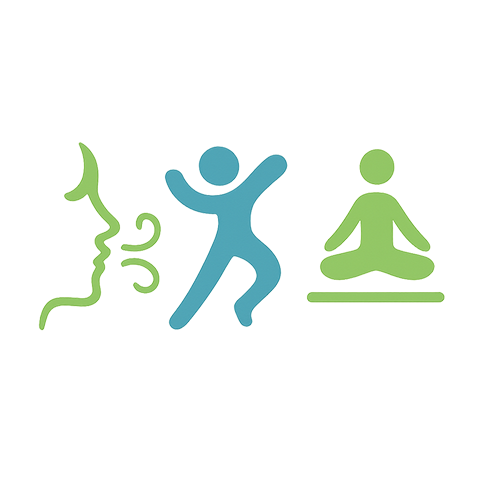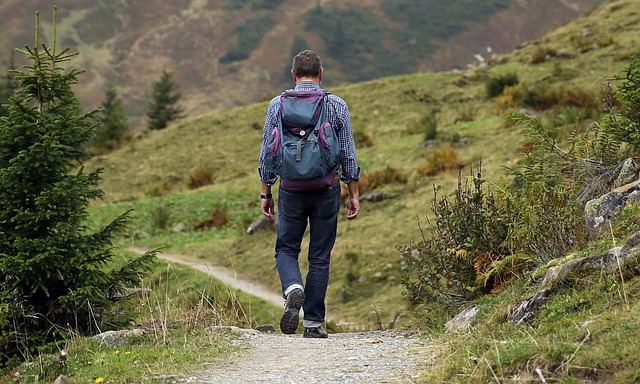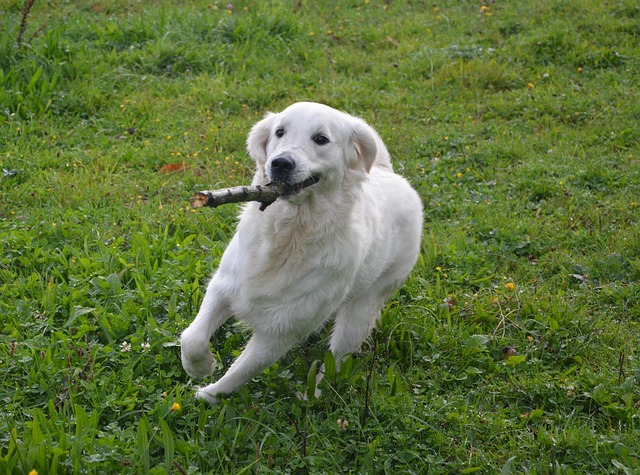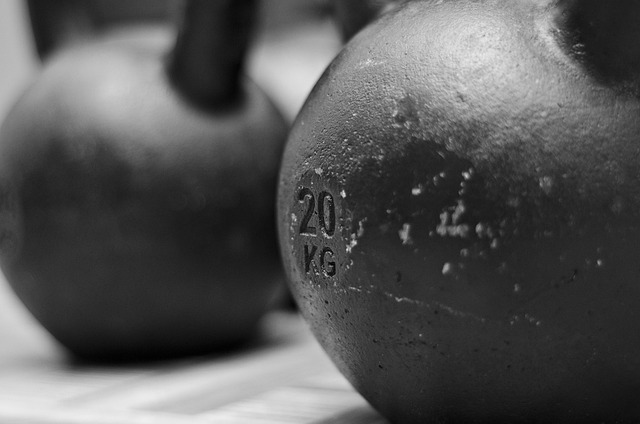Ultimate Guide to Mountaineer Fitness: Training, Health, and Activity Tips
As a mountaineer, your passion for conquering the peaks intertwines with a commitment to optimal fitness, health, and activity levels. The steep terrains, unpredictable weather, and the sheer physical demands of mountaineering require not only robust equipment but also a well-prepared body and mind. This guide will help you enhance your mountaineer fitness so you can tackle your next summit with confidence and vigor.
Fitness: Building the Foundation
Your journey begins with understanding the core components of fitness essential for mountaineering. Endurance, strength, balance, and flexibility are critical. Incorporating a variety of workouts into your routine will boost your overall fitness and prepare you for those grueling ascents. Consider these key focus areas:
- Cardiovascular Training: Engage in activities such as running, cycling, or swimming at least three times a week. Aim for long, steady sessions as well as high-intensity intervals to enhance your stamina.
- Strength Training: Build functional strength through exercises like squats, lunges, and deadlifts. Include upper body workouts to support the weight of your pack and help with climbing movements.
- Balance Exercises: Incorporate activities such as yoga or balance training to improve stability, which is essential when navigating rocky paths.
Training: Tailoring to Your Needs
Effective training is about targeting specific skills and physical demands for mountaineering. Here are some strategies to consider:
- Simulated Heights: Use elevation training masks or find high-altitude locations for workouts. This helps your body adapt to lower oxygen levels.
- Sport-Specific Skills: Practice rock climbing or bouldering to hone your climbing techniques while boosting strength and agility.
- Multi-Day Hikes: Embark on weekend trips with a weighted backpack to acclimatize your body to the rigors of extended climbs.
Health: Nutrition and Recovery
A balanced diet and proper recovery are vital to support your mountaineering ambitions. Prioritize nutrition and give your body the recovery it needs:
- Nutrient-Rich Foods: Focus on whole foods that provide energy, such as complex carbohydrates, lean proteins, and healthy fats. Don’t forget the importance of fruits and vegetables to supply necessary vitamins and minerals.
- Hydration: Proper hydration is crucial at any altitude. Make sure to drink plenty of water before, during, and after your activities, and consider electrolyte-rich drinks for longer hikes.
- Rest and Recovery: Allow your body ample time to recover through rest days and adequate sleep. Use techniques like stretching, foam rolling, or massages to relieve soreness and improve flexibility.
Activity: Making the Most of Your Pursuits
Finally, immerse yourself in activities that enhance your enjoyability and skills as a mountaineer. Here are some recommendations:
- Join Groups: Connect with local mountaineering clubs or online communities. Sharing experiences and knowledge can lead to new friends and insights.
- Take Courses: Consider enrolling in courses for technical skills, avalanche awareness, or wilderness first aid. Such knowledge can be invaluable on your adventures.
- Document Your Journey: Keep a journal of your training and climbing experiences. Reflecting on your progress can keep you motivated and eager to achieve your next goal.
Embrace your identity as a mountaineer with dedication to fitness, health, and continuous activity. Equip yourself with the right mindset and strategies to journey through every climb with resilience, strength, and an unwavering spirit!




